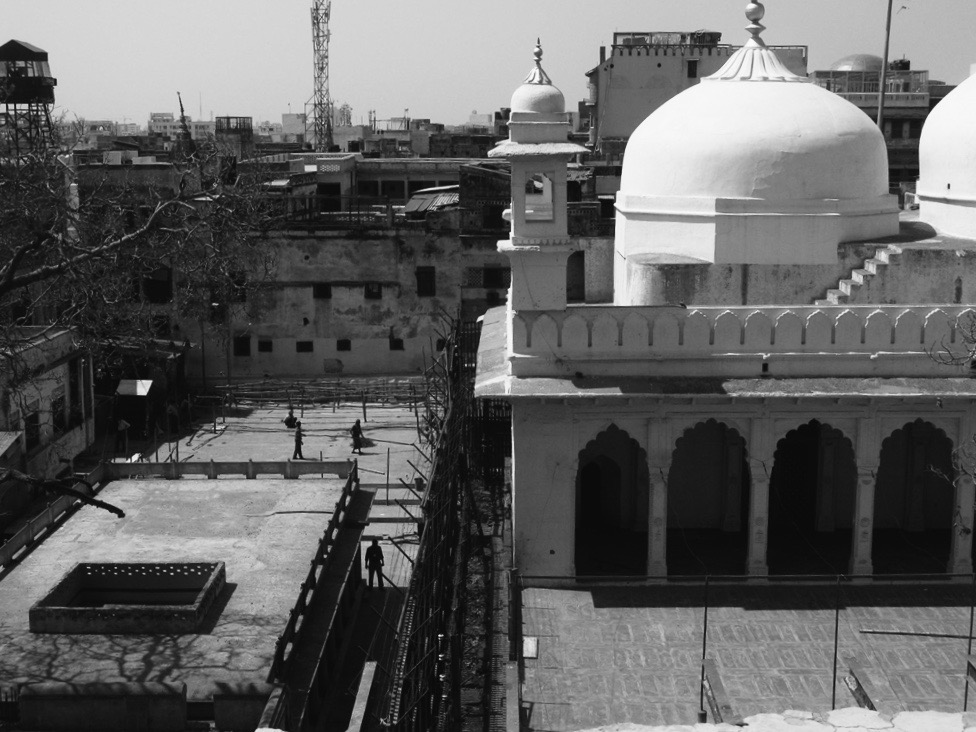The Burden of Security
Moral Frictions and Everyday Policing in a Contested Religious Compound
DOI:
https://doi.org/10.5617/jea.7526Abstract
After the Babri mosque in the northern Indian city of Ayodhya was destroyed in 1992 by mobs of ‘volunteers’ mobilised by Hindu nationalist forces, a deed of license between the Uttar Pradesh Sunni Central Waqf Board and the Uttar Pradesh state government was signed. Through this license a portion of land in the Gyan Vapi mosque premises in Banaras (Varanasi) was handed over to the state for security purposes. The Gyan Vapi mosque is less than fifty meters from the Kashi Vishvanath temple, a notable Hindu pilgrimage destination. Although at the centre of security issues for centuries, the mosque has been a target of the Hindu nationalist movement that since the 1980s has aimed at the ‘liberation’ of allegedly originally Hindu places of worship. By analysing the evolution of security discourses in local Hindi newspapers and drawing on ethnography of everyday policing at the Kashi Vishvanath-Gyan Vapi compound, this article discusses moral frictions involved in securing a contested place of worship and argues that scopes and objects of securitisation can shift. In the case I discuss, the predominately Hindu police are shown to play an ambiguous role, caught as they are between their duty to secure the disputed mosque and their likely adherence to the increasingly dominant Hindu nationalist discourse. In overcoming these moral frictions, police through their everyday activity contribute to the shift of the object of securitisation from the mosque to the more ‘acceptable’ temple.

Downloads
Published
Issue
Section
License
Authors retain copyright and grant the journal right of first publication with the work simultaneously licensed under a https://creativecommons.org/licenses/by-nc-nd/4.0/
that allows others to share the work with an acknowledgement of the work's authorship and initial publication in this journal, for non-commercial purpose, no derivatives are permitted. (Please not that this license has been used since 1.10.2018 and will be used in the future. Articles published between 1.1.2017-and 30.9.2018 are licensed under CC BY license: https://creativecommons.org/licenses/by/3.0/) Authors are able to enter into separate, additional contractual arrangements for the non-exclusive distribution of the journal's published version of the work (e.g., post it to an institutional repository or publish it in a book), with an acknowledgement of its initial publication in this journal. Authors are permitted and encouraged to post their work online (e.g., in institutional repositories or on their website) prior to and during the submission process, as it can lead to productive exchanges, as well as earlier and greater citation of published work (See The Effect of Open Access).


